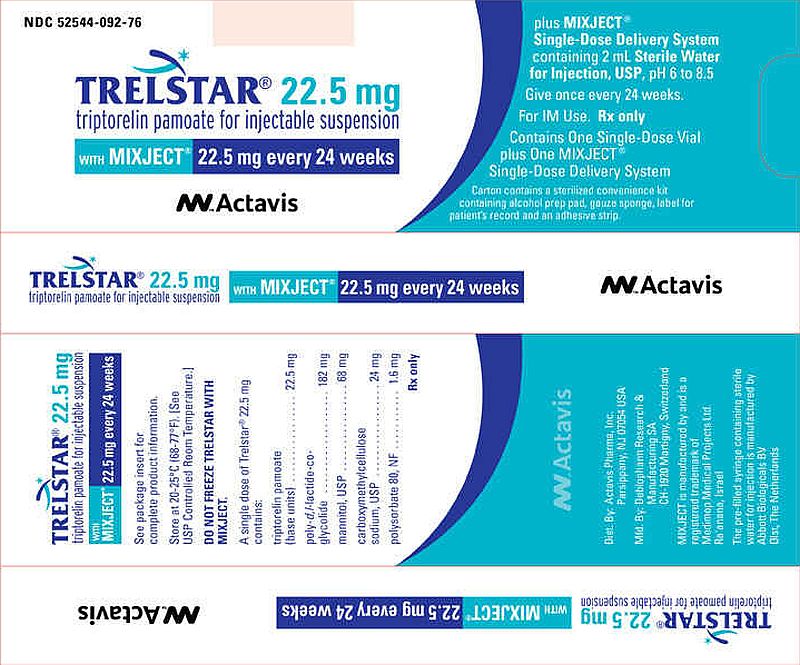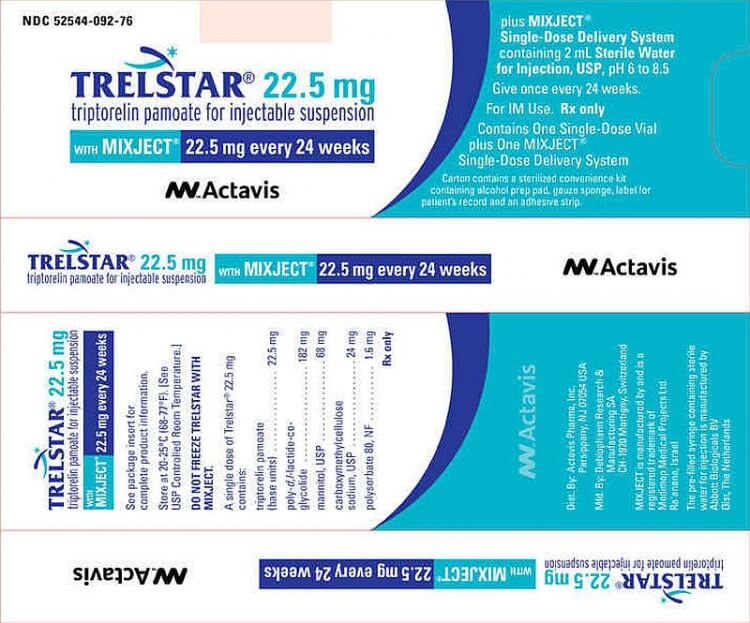
Q: “What is your opinion of triptorelin for PCT? Or, could I use it for testosterone boosts as needed?”
A: Triptorelin is a GnRH analogue: in other words, it acts like the hormone produced by the hypothalamus to stimulate the pituitary to make LH.
When dosed at medically-used levels, triptorelin over-stimulates the pituitary. The initial result is increased or even extremely high production of LH; the chronic result is shutdown and essentially no production of LH.
There’s been a theory that a single injection of triptorelin 100 mcg might be used to recover testosterone production where it has been chronically suppressed, without triggering shutdown. It does seem highly likely to me that there’s probably no risk of triggering shutdown with this approach, and likely that it could provide a brief stimulus to the pituitary.
I can’t answer whether this would help break a chronic shutdown where SERM use had already failed, or whether a treatment at the start of PCT, followed by SERM use, would be better than SERM use alone. The supporting anecdotal evidence is weak, and I don’t have a particular reason to expect much value from triptorelin dosing.
A problem with deciding the value of triptorelin is that a great deal of the research material sold has been fake.
I would first try Dr Scally’s treatment for androgen-induced hypogonadotropic hypogonadism, or if testicular sensitivity is still good due to use of HCG, his method of combining Nolvadex with Clomid. Only if that failed, and so far as I know his method has always worked, would I try triptorelin.
I wouldn’t employ it on an ongoing basis to increase testosterone; if I were going to try it despite my opinion, I’d do it at a lower dose than 100 mcg and only infrequently.

About the author
Bill Roberts is an internationally-recognized expert on anabolic steroids and performance-enhancing drugs (PEDs). He received a bachelor degree in Microbiology and Cell Science and completed the educational and research requirements for a PhD in Medicinal Chemistry at a major American university.
Bill entered the nutritional supplement industry prior to completing his doctoral thesis but his education was invaluable so far as being able to design/improve nutritional supplement compounds, since it was in the field of designing drug molecules and secondarily some work in transdermal delivery.
His education was not specifically "geared" toward anabolic steroids other than expertise with pharmacological principles having broad applications. This has allowed Bill to provide unique insight into the field of anabolic pharmacology with knowledge of points which he would not have known otherwise.
I know someone who uses it and he also recommends it as per the 100 mcg dose suggested above! If memory serves me correctly, you can only use it every 4 month as per the above (max) dose or you get permanent shutdown.